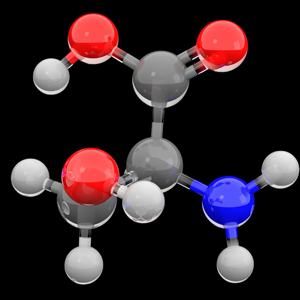-
Access to Health Insurance Key to Disparities in Cancer Outcomes
As outcomes improved for cancer patients in states that expanded Medicaid, disparities in survival disappeared.
by Jon Kelvey
-
April 29: The Week in Cancer News
FDA proposes ban on menthol cigarettes, and proton beam therapy on the rise but with growing racial disparity.
by Thomas Celona
-
April 22: The Week in Cancer News
Study finds a connection between bacteria and fast-growing prostate cancer, and researchers measure underrepresentation of Black patients in clinical trials.
by Kevin McLaughlin
-
T Cells Key to COVID-19 Vaccination Efforts
Experts discuss shortcomings of current COVID-19 vaccines in people with cancer while highlighting possibilities of T-cell activation.
by Thomas Celona
-
April 15: The Week in Cancer News
Trial of ‘practice-changing’ immunotherapy yields positive results for lung cancer patients, and CAR T-cell therapy shows effectiveness in targeting certain solid tumors.
by Thomas Celona
-
Exploring Amino Acids’ Impact on Tumor Growth
Researchers are investigating how to match specific dietary changes with therapy to impede cancer progression.
by Thomas Celona
-
Understanding Stress and Cancer
A symposium at the AACR Annual Meeting explores how social factors contribute to elevated risk of cancer in some populations.
by Eric Fitzsimmons
-
The Impact of the RACE for Children Act
Legislation to speed cancer drug development for children and adolescents requires drug companies to test drugs in children, but trials in people under 18 may take years to generate results.
by Marci A. Landsmann
-
Making Collaboration More Common for Rare Cancers
An AACR Annual Meeting 2022 session highlights the impact of research advocacy partnerships for a variety of cancers.
by Marci A. Landsmann
-
Second DCIS Diagnoses May Not Be Related to Initial Lesion
DNA sequencing found that in many cases when DCIS recurred, the lesion was unrelated to the first diagnosis, raising questions about how to best treat recurrence.
by Eric Fitzsimmons
Cancer Talk
Treatment Combination Improves Survival in EGFR-positive Lung Cancer
Adding chemotherapy to targeted therapy improves outcomes for people with advanced EGFR-positive non-small cell lung cancer.
by Sandra Gordon
Lessons From 20 Years Living With CancerMultiple myeloma survivor Jonathan Gluck reflects on uncertainty, and the scientific progress that has kept him living with cancer for more than two decades.
by Eric Fitzsimmons
The Enduring Importance of Cancer Disparities ResearchOpening session from AACR conference highlights how perseverance and adversity have informed cancer disparities research over the years.
by Eric Fitzsimmons
Most Cancer Survivors Don’t Meet Healthy Diet GoalsDespite research linking fruits and vegetables to cancer survival, many people do not change their eating habits after diagnosis.
by Darlene Dobkowski














